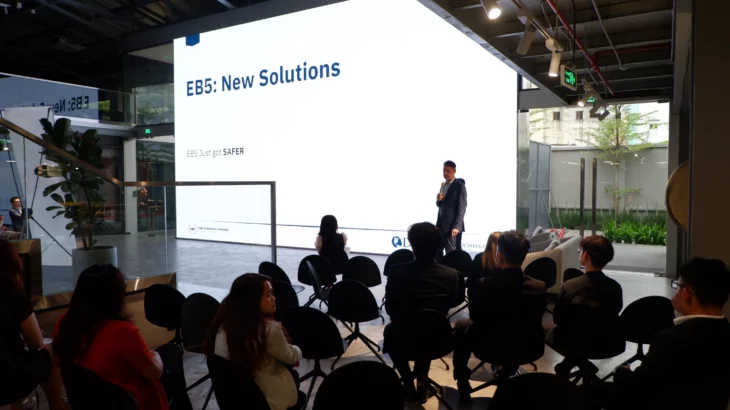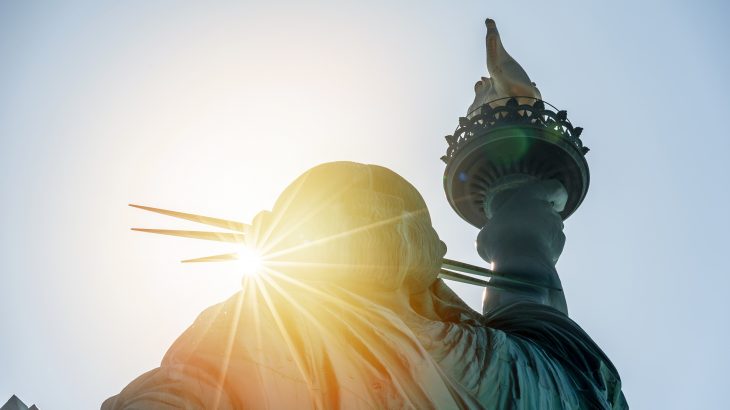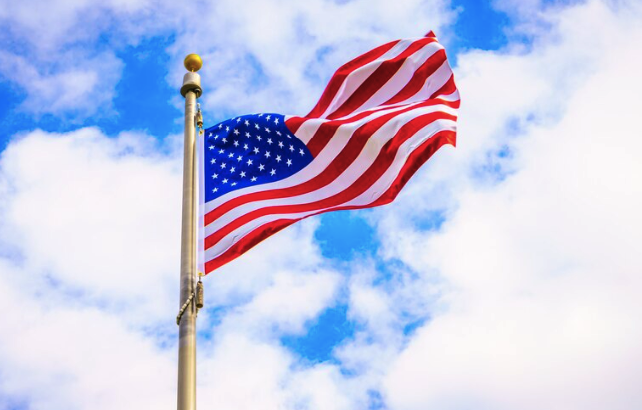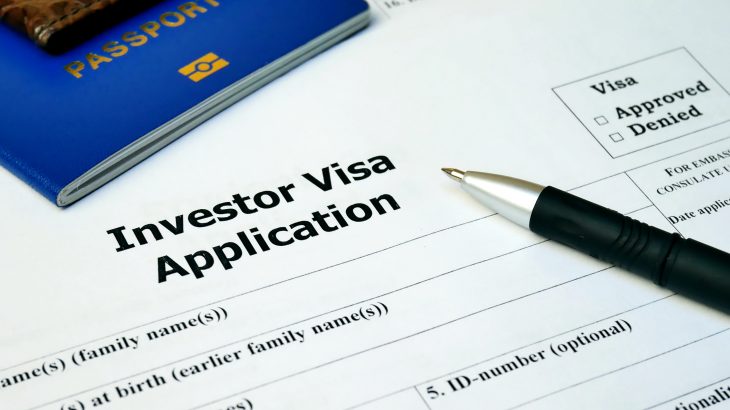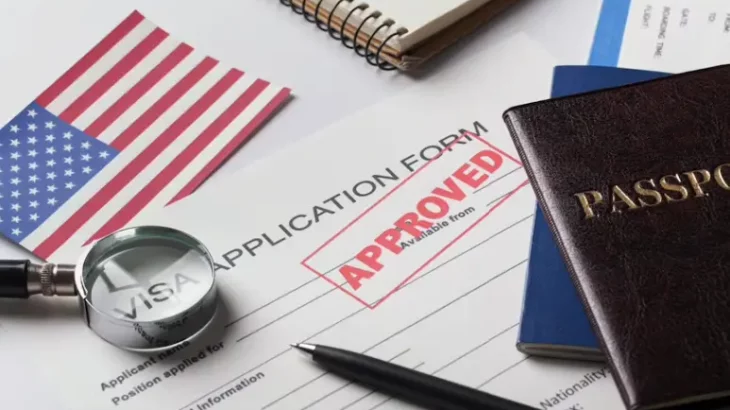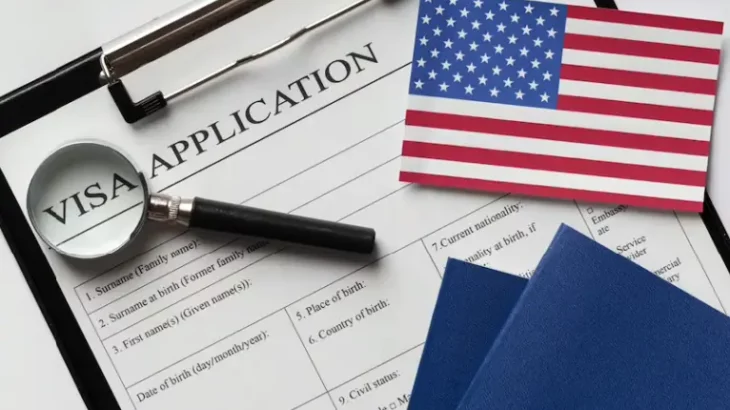Introduction
The United States has always been known as the land of the free and the land of opportunity. It is considered the frontrunner in the world in terms of economic growth, and that’s why a lot of people are trying to gain permanent residency in the ‘Land of the Free’.
While there are several paths to attain permanent residency, there are challenges and obstacles like long processing times, quota limitations, retrogression, among others. In this regard, it makes sense to consider nonimmigrant visa options that will allow you to enter the U.S. sooner to pursue your business or employment goals and at the same time explore options for permanent residency. The E-2 visa is one of the non-immigrant visa classification that is not subject to quota limitations, retrogression or excessively long processing times. In fact, the E-2 application does not need to be filed and approved by USCIS. The applicant files the application directly with the Embassy or Consulate.
Is E2 Visa Dual Intent: We Will Explain Why It Isn’t
There are non-immigrant visas which allow foreign nationals to be temporarily and lawfully present in the U.S. but still let them retain their right to become a legal permanent resident. However, it is a misconception to categorise an E2 visa as a dual intent visa. Generally, the U.S. Embassy or Consulate will ask treaty investors to simply sign a declaration that they plan to return to their home country once their visa expires.
Moreover, the consular officers are instructed by the Foreign Affairs Manual (FAM) that an applicant must prove that they intend to depart the U.S. once their visa expires and not to stay to adjust status or otherwise remain in the country.
Please take note that consular processing is different from filing a petition with the United States Citizenship and Immigration Services (USCIS). Due process doesn’t exist in consular processing, and petitions may be outright denied for the existence of immigrant intent. If you have an outstanding or previously approved immigrant petition, you should take note that immigrant intent is assessed when you renew or enter the U.S. and these petitions can be used as an indication of immigrant intent.
If you have a pending immigrant visa petition, the consular officer may ask you about it during your E2 interview and would consider this for the approval of your visa. They may still approve your petition, however, if you sufficiently prove that you’re not planning to adjust your status in the U.S.
What is an E-2 Visa?
An E-2 Work Visa is a type of nonimmigrant visa that allows nationals from E-2 treaty countries to make a substantial investment in a U.S. enterprise or business. The validity of the E-2 visa depends on reciprocity schedule. For most countries, the reciprocity schedule is 5 years. When one enters on a valid E-2 visa, he or she will be given a 2-year period of authorized stay. Since it is a nonimmigrant visa, the applicant must overcome the presumption of immigrant intent. He or she must demonstrate ties to the home country.
Proving Non-Immigrant Intent
All applicants for a nonimmigrant visa are presumed to intend to immigrate, which means that they must demonstrate that they do not intend to immigrate to the U.S. to get the visa. Most applicants find it hard to qualify for a non-immigrant status, such as a visitor visa, if there is any indication of intent to seek permanent residence in the U.S.
Before a visa is issued, foreign nationals must prove to a consular officer that they meet the standards required by the visa they are applying for. The consular officers are allowed to presume that every applicant for admission intends to stay in the U.S. for a permanent time and the goal of the applicant is to overcome that presumption. The burden is on the applicant to convince the consular officer that he or she will depart once the trip has concluded or once your visa has expired. In making the decision, the consular officer will consider family, social and economic ties to the home country.
Requirements to qualify for E-2 visa
- You have to be a national of an E-2 treaty country to obtain an E-2 Visa.
- You have to make an irrevocable investment.
- Your E-2 company must be currently operational or at least imminently operational.
- Your investment must be substantial.
- Your E-2 company must be more than a marginal or one solely for earning a living.
- You must be able to develop and direct the Company.
- You must intend to depart the United States when your E-2 status terminates.
Ways to Qualify for E-2 Visa
There are different ways to qualify for E-2 Treaty Investor Visa.
Establish and operate your own start-up company.
If you are establishing your own start up company, you need to set up the company. You can choose to set up your E-2 business as an LLC or corporation. You must own and control at least 50% of the E-2 company. You will need to take the necessary steps to make the company operational or at least imminently operational. You need to open a bank account for your company and make the necessary business expenditures (rental payments for office space, purchase of equipment, furniture or inventory, marketing fees, etc). You must spend a significant portion of your funds on the initial business expenses and place the unspent funds in an escrow account for future business expenses of the company. To qualify for E-2 visa, you must put your funds be at risk by irrevocably committing them to the E-2 enterprise.
Buy and continue to operate an existing business.
If you are buying an existing business, you must already have a signed purchase agreement and paid the purchase price. If the seller agrees, you can opt to put the purchase price in an escrow account subject to release to the seller upon approval of your E-2 application.
Buy and operate a franchise.
If you intend to operate a franchise, you must already already signed the franchise agreement and paid the fees. If the franchisor agrees, you can also put the franchise and other related fees in an escrow account subject to release to the seller upon approval of your E-2 application.
Aside from qualifying as an E-2 Treaty Investor, you may also be eligible to be an E-2 Treaty Employee. If you know an individual (or entity) from an E-2 treaty country and you have the same nationality, you may be classified as an E-2 Treaty Employee if you will occupy an executive, supervisory or specialized employee position.
E-2 Visa Consular Application Process
Before applying for an E-2 Visa, you need to make sure that it’s the best option for your immigration goals. You can always consult with an immigration attorney to determine if an E-2 Visa is perfect for your situation and circumstances.
Every Embassy or Consulate has their own specific guidelines in submitting an E-2 visa application. You have to make sure that you are following the guidelines to avoid potential delays. An E-2 application requires the submission of an online DS-160 application and an E-2 application package with all the supporting documentation. The Embassy or Consulate usually reviews the application before scheduling an interview. The review and processing times at every Embassy or Consulate vary. It could take 2 to 4 weeks or sometimes 2 to 4 months depending on the caseload of the Embassy or Consulate.
E-2 Visa Consular Processing Costs
- Form DS-160 (Online Nonimmigrant Visa Application) – $315
- Visa issuance fees or reciprocity fees depending on your home country
Our guide on the cost of E-2 visa gives you more information on the investment you must prepare to avail of an E-2 visa.
Change of Status to E-2 Process
If you are currently in the U.S. on a valid nonimmigrant visa like B-1/B-2, you may be eligible to apply to change status to E-2 by filing a petition with USCIS. You will have to demonstrate that you meet each and every requirement for E-2 classification. If approved, you will get a new I-94 with an extension of additional two years of authorized stay in the U.S. to develop and direct your E-2 company.
E-2 Change of Status Costs
- Form I-129 (Petition for Nonimmigrant Worker) filing fee – $460
- Form I-907 (Request for Premium Processing) filing fee – $2,500 (optional)
Is it possible to transition to become a permanent resident from E-2 status?
While the E-2 visa is a nonimmigrant visa, there are still ways to pursue permanent residency.
- You may transition from E-2 to EB-5 classification when you meet the investment and employment creation requirements.
- You or your spouse may qualify for other employment-based immigrant petition.
- You may qualify for a family-based petition as an immediate relative of a U.S. citizen.
If I have a pending immigrant petition, do I still qualify for E-2 visa?
A pending immigrant petition does not automatically disqualify you for E-2 nonimmigrant visa. You just need to prove that you have no plans of permanently immigrating at the time of the filing of your application. You have to be ready to prove your ties to your home country.
What is a dual intent doctrine in U.S. immigration law?
U.S. visas are either classified as immigrant and nonimmigrant. In general, to qualify for nonimmigrant visa, one has to prove that he or she has no intention to permanently immigrate to the U.S. However, based on the dual intent doctrine, certain nonimmigrant visa holders are allowed to be present temporarily in the U.S. with the intention of possibly immigrating to the U.S.
Types of Dual Intent Visa
As we have said, a dual intent visa allows foreign nationals to enter the U.S. as a nonimmigrant but retains the option to apply for permanent residence in the future. Some visas inherently obtain the possibility that the individual can become a permanent resident in the U.S.
H-1B Visa
The H-1B Visa is a temporary non-immigrant visa that allows a foreign national to work in a specialty occupation. A specialty occupation can include jobs in the sciences, engineering, technology, math, and medicine. Take note that an employer must go through a labor certification process before hiring a foreigner for a specific job occupation. Due to the huge demand for this visa, U.S. employers must register for a lottery unless they are considered exempt. This visa has an initial 3-year term that can be extended for a maximum of 6 years.
H-1B visa holders are eligible to bring their spouse and children below 21 to the U.S. They are also eligible to adjust status or apply for immigrant visa based on an approved petition for permanent residency for the H-1B visa holder.
L-1 Visa
The L-1 Visa is a non-immigrant visa that allows a manager or executive of a foreign company to be transferred to a parent, subsidiary, affiliate or branch in the U.S. to perform managerial or executive functions.
L-1 visa holders may be accompanied by spouse and children below 21 on L-2 visas. They are also eligible to adjust status or apply for immigrant visa at an Embassy or Consulate based on an approved employment based petition for the L-1 visa holder.
K-1 Visa
A K-1 Visa is also a dual intent visa used by a foreign fiancé who enters the U.S. and marries a U.S. citizen. K-1 Visa applicants enter the country as nonimmigrants but it is clear that they have the intent to marry a U.S. citizen and generally, immigrate to the U.S. The holder of this visa must be married within 90 days from their arrival in the U.S. They are also not allowed to work legally in the U.S., so they need to apply for a work permit or adjustment of status after their marriage to work legally.
K-2 Visa
Dual intent visas like K-2 Visa, on the other hand, allows unmarried children under the age of 21 years of K-1 Visa holders to enter the U.S. It is approved at the same time as that of their parent’s K-1 Visa, and should be submitted not later than a year after their parent’s K-1 Visa was issued.
K-3 Visa
Dual intent visas like K-3 Visa is used by the spouse of a U.S. citizen to enter the country while waiting for their pending Form I-130 (Petition for Alien Relative) filed by their U.S. citizen spouse listing them as a beneficiary. They’re allowed to work in the U.S. without securing an Employment Authorization Document (EAD).
K-4 Visa
Meanwhile, the K-4 visa enables unmarried children under the age of 21 years of a K-3 Visa holder to enter the U.S. K-4 Visa holders are eligible to apply for work in the U.S., and their visa automatically expires as soon as they turn 21 years old.
Green Card Application
Generally, the first stage in applying for permanent residence in the U.S. starts with your sponsor, such as qualifying U.S. lawful permanent residents or organizations, to file an immigrant visa petition on your behalf. If you are currently in the U.S. on a valid nonimmigrant status, you may be able to adjust status to become a permanent resident within the U.S. Otherwise, you will have to go through consular processing to obtain your visa. It should be noted that there are a lot of factors that determine your eligibility to adjust status or apply for an immigrant visa at an Embassy or Consulate. You have to make sure that you speak with a U.S. immigration attorney to be guided on the requirements and the process.
Looking for an US immigration lawyer? Request free consultation at Davies & Associates or find our closest location around the world.

























